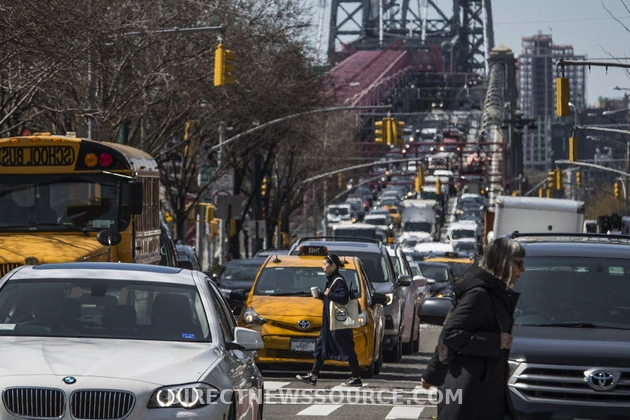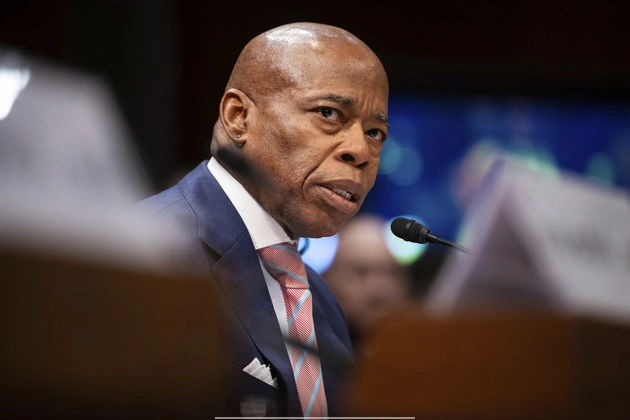
Congestion Toll Plan Challenges and Political Backlash in the US
NEW YORK — The first congestion toll plan in the US is encountering serious hurdles under the Trump administration, with Governor Kathy Hochul at the helm. Despite receiving approval for the Manhattan toll plan, political adversaries, including President-elect Donald Trump and influential organizations like the New York City teachers union, are determined to thwart its implementation.
Hochul’s administration and the Metropolitan Transportation Authority (MTA) have been racing against the clock to establish the congestion pricing program before Trump’s inauguration. However, legal challenges from various quarters seeking to derail the tolls have thrown the region’s political landscape into disarray.
Legal Battles and Political Maneuvering
In a series of abrupt decisions, Hochul initially postponed the tolls due to concerns about their impact on Democratic House candidates. Subsequently, she reinstated the congestion pricing scheme post-election but revised the toll amount from $15 to $9.
Despite federal approval of the revised toll structure, opposition persists. New Jersey Governor Phil Murphy and the United Federation of Teachers have filed lawsuits to block the toll program. Manhattan residents opposed to the tolls have also initiated a class action suit.
Efforts by New Jersey to halt the tolls in federal court proved unsuccessful, paving the way for the toll program’s launch. Republican factions have urged Trump to revoke federal endorsement of the program, while House GOP lawmakers are advocating for legislation to counter the tolls.
Diverse Support and Political Fallout
The array of forces advocating for congestion pricing, ranging from business leaders to transit activists, underscores the program’s disruptive impact on the region’s politics. Democrats are apprehensive that the tolls, following a contentious election season, could further erode public support, potentially affecting Hochul and other lawmakers.
The public reception of the congestion pricing initiative is poised to influence the political landscape leading up to the 2026 elections. While the tolls are set to escalate to $15 by 2031, the revenue generated will be channeled towards enhancing the metropolitan area’s transit infrastructure.
Despite assertions that congestion pricing will alleviate traffic congestion and enhance air quality, critics remain unconvinced. The toll program’s contentious rollout, scheduled just before Trump’s return to office, has stirred intense debate and legal wrangling.
Political Strategies and Public Perception
MTA CEO Janno Lieber has tailored arguments to resonate with Trump, emphasizing the program’s alignment with longstanding federal initiatives. Congressional discourse on impeding the tolls has emerged, though prospects for legislative hindrances remain uncertain.
On the legal front, Murphy’s challenge to the toll program’s environmental review and Hochul’s persistence in pushing forward with the tolls underscore the entrenched opposition and strategic maneuvering surrounding congestion pricing.
Hochul’s resolute stance on reviving the tolls, framed as essential for revitalizing the region’s transit infrastructure, has elicited both support and criticism. As the toll program unfolds, its political ramifications are poised to shape the governor’s future trajectory and the electoral landscape.
Stay tuned for further updates on the evolving saga of the US’s first congestion toll plan and the political dynamics it continues to engender.















